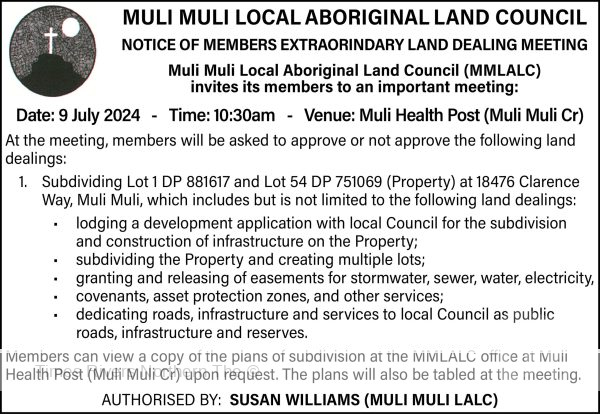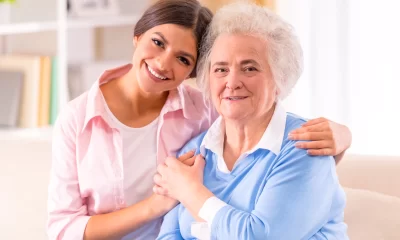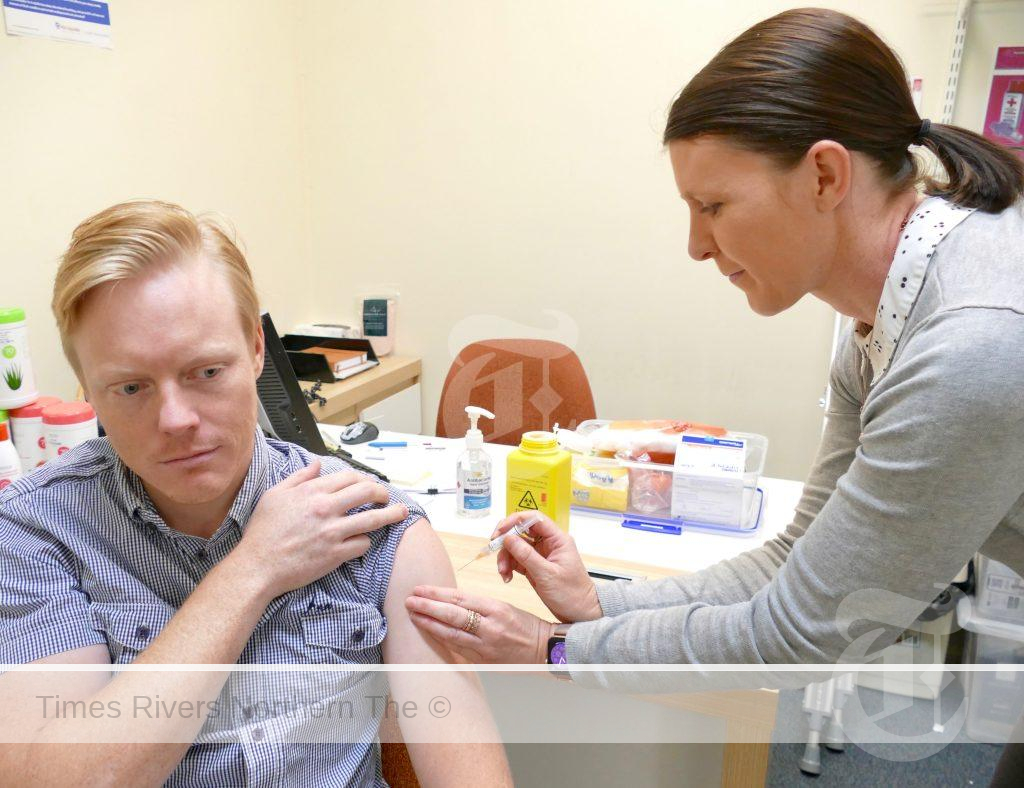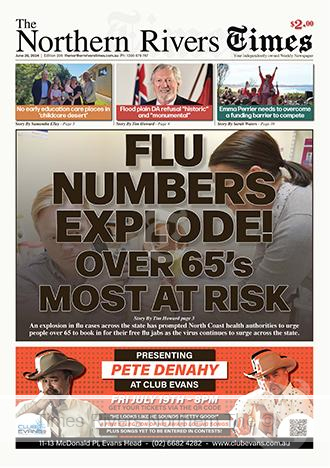Health Insurance Premiums Skyrocket, Some by 15% or More: CHOICE
Should You Consider Self-Insurance? Plus Other Tips to Save!
Consumer group CHOICE has found that many Australians faced significant increases in their health insurance premiums in April, with some premiums rising as much as 17%—far higher than the annual average industry-wide price increase of 3.03%.
“CHOICE reviewed the prices of over 24,000 policies with hospital cover and found Gold policies had the highest premium increases, with average increases above 10% for HBF, HCF, HIF, and Australian Unity policies. One Gold policy in Western Australia even saw a 17% hike,” said CHOICE health insurance expert Jodi Bird.
“With these sky-high increases, it’s worth taking the time to review your health insurance to ensure you’re only paying for what you need, and that you’re getting it at the best possible price,” Bird added.
CHOICE’s Top Tips for Saving on Your Health Insurance
- Drop Gold Hospital Insurance
“Gold hospital cover has become too expensive. If you have a specific condition usually covered by Gold policies and want to use the private hospital system, look for a Silver Plus policy or consider self-insurance.”
Self-insurance is an alternative to private health insurance. Instead of paying an insurer, you save money yourself to cover private health costs as they arise. If you don’t need any health treatment, your savings will grow.
“We have found that in some cases, opting to self-fund your health care can be the better-value option,” Bird explained.
For example, cataract surgery, one of the most common surgical procedures in Australia, is often only covered by the most expensive Gold policies. CHOICE’s analysis showed that the annual cost of top-cover health insurance could exceed the out-of-pocket cost for a private cataract procedure.
“This option may only be suitable for people who have few health issues and do not anticipate any unexpected health events. And of course, you need to ensure you have the money set aside in case you require a surgical procedure or treatment in the private system,” Bird advised.
- Compare Policies to Find a Good Deal
“We always recommend comparing policies to find the best value policy to suit your needs. The same cover with a different insurer may save you hundreds of dollars a year. Look beyond the well-known big funds and consider smaller funds; switching to a smaller fund often provides a cheaper deal,” said Bird.
“If you’re unsure where to start, CHOICE has an independent health insurance comparison tool that allows you to compare thousands of policies from over 40 insurers,” Bird suggested.
- Do You Need Extras Insurance?
“The value of extras insurance really depends on the individual. It can be worth purchasing, but only if you use it enough that it pays out more than the premiums that are coming out of your pocket,” Bird noted.
“If you need extras insurance, shop around and buy your extras from a different provider than your standard hospital cover if you find a better deal,” Bird recommended.
Compare health insurance policies here: CHOICE Health Insurance Comparison Tool
For more health news, click here.





 Tweed Shire News2 years ago
Tweed Shire News2 years ago
 Motoring News1 year ago
Motoring News1 year ago
 COVID-19 Northern Rivers News3 years ago
COVID-19 Northern Rivers News3 years ago
 COVID-19 Northern Rivers News3 years ago
COVID-19 Northern Rivers News3 years ago
 Northern Rivers Local News3 years ago
Northern Rivers Local News3 years ago
 Health News3 years ago
Health News3 years ago
 COVID-19 Northern Rivers News3 years ago
COVID-19 Northern Rivers News3 years ago
 NSW Breaking News3 years ago
NSW Breaking News3 years ago

















